
What is a Gout?
Gout is a systemic disorder of metabolism in which there is a large increase in deposition of uric acid and its salts in various places in the body, especially in the kidneys, joints and soft tissues. This disorder is characterized by a reverse acute arthritis, usually in the lower extremities.Gout is a disease in which diet is an important factor. Proper nutrition (1,500 calories a day) should provide improvement of circulation and elimination of excess fluid and harmful substances from the body.
Foods
Pasta and bread should be used in limited quantities and without yeast, because it contains purines (compounds that produce uric acid). There are no limitations for using milk and its products, because they better affect bone health.Foods that contain little fat should be preferred because they have expressed preventive and curative properties. Sour milk products should be consumed on an empty stomach, preferably as a dressing over the vegetables.
Meat, including chicken and offal are banned in acute gout attack. Preparing meat considers its placing in cold water and then heating to boiling. In the case of gout, meat should be a quarter, and vegetables and fruit should be three-quarters of a meal.
People with gout should consume large quantities of eggs - four to five per day in order to provide the necessary proteins, provided that the patient isn’t obese and doesn’t suffer from high blood cholesterol. This rule should be applied in the case of acute gout attack. One egg (chicken, turkey, goose) contains 50 grams of proteins.
Priority should be given to vegetable oils, especially olive, while butter and margarine should be used as little as possible. Fish oil is also effective because it lubricates the joints and works against inflammation.
Vegetables are allowed, except spinach, legumes (beans, lentils, peas) mushrooms and cauliflower, which contain a certain amount of purines. The foods that help with gout and rheumatism include carrot juice, juice and the brine of pickled cabbage, apple vinegar and celery juice. They are recommended in large quantities.
Fruits should be eaten only on an empty stomach about half an hour before meals, since utilization of biologically valuable ingredients is then the best. Two to four medium-sized fruit a day should be eaten. If you suffer from gout, grape will help you to feel better, as it is a natural means for removing toxins from the body.
It is useful to include boiled or baked potatoes in the menu, while the use of potato fried in fat is prohibited. Boiled or baked potato has protective and healing properties, it is easy to digest, provides utilizing carbohydrates and vitamins, acts against the constipation, gout and rheumatism.
Cooked barley, rice, maize, millet, wheat, fresh and dried fruits and fruit juices are also recommended in the case of gout. Since free radicals cause pain and swelling in the joints, foods rich in selenium such as wheat germ, Brussels sprouts, onions, bran, tomato, and tuna can be of great help.
Daily amount of food should be divided in four to five meals.
Fluid
People with gout and rheumatism should drink two to three liters of water and other liquids a day. One can drink coffee, tea, cocoa, but alcohol should be completely removed from diet. It is advisable to consume four tablespoons of concentrated aloe juice, three times a day in the acute phase, and two tablespoons three times a day over the next few months.Gout patients are advised to consume low mineral water and teas (linden, elder, black currant leaf, stems of cherries) to induce urination.


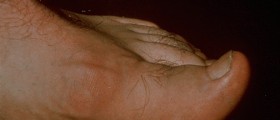

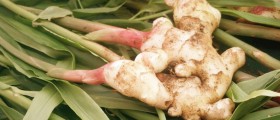

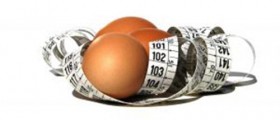
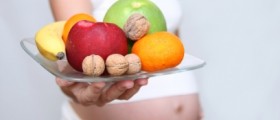
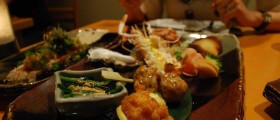
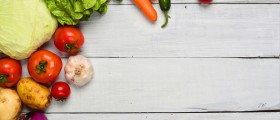
-Symptoms,-Diagnosis,-Treatment_f_280x120.jpg)

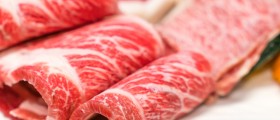
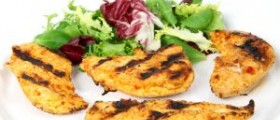
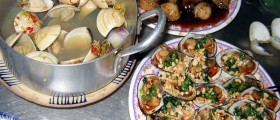

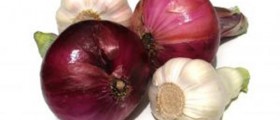
Your thoughts on this
Loading...